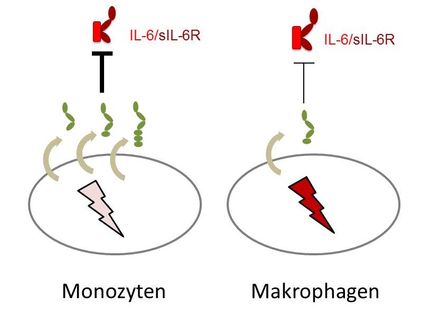greenovation and AM-Pharma announce successful production of alkaline phosphatase in moss
Advertisement
greenovation Biotech GmbH and AM-Pharma B.V. announced today that they have completed a major milestone in the development of a new production system for the manufacture of human alkaline phosphatase in moss.
AM-Pharma develops alkaline phosphatases of various origin to be used for the treatment of sepsis and chronic inflammatory diseases. This class of enzymes is present in a large variety of tissues throughout the human body. AM-Pharma has agreed with greenovation to explore the moss bioreactor for the production of recombinant human alkaline phosphatase.
Scientists at greenovation have successfully modified the moss. The modified plants secrete the large protein that shows high enzymatic activity and humanized glycosylation. After functional expression in greenovation's transient system the collaboration was successful in the stable system, too.
"The expression of alkaline phosphatase is another demonstration of the huge efficiency and possibilities provided by greenovation's moss bioreactor. With this system we are able to express a wide range of complex proteins. The transient system is a perfect tool for feasibility studies within few weeks. With the stable system we have a safe and cost effective production platform with high capabilities," said Dr. Gilbert Gorr, CSO of greenovation. "We have been very pleased to participate in this promising collaboration to provide AM-Pharma this important new manufacturing strategy."
"For AM-Pharma the development of a recombinant platform to produce human alkaline phosphatase is of high strategic importance. We anticipate to develop this biological for the treatment of several pathologic conditions for which there is no optimal current treatment. The global demand for new therapeutic modalities in these areas requires a technology which can be scaled up to meet global market manufacturing needs," according to Dr. Bierman, COO and CMO of AM-Pharma. "This fruitful collaboration will probably bring us a new biological compound suitable for clinical development and subsequent marketing in a few years time."





















































